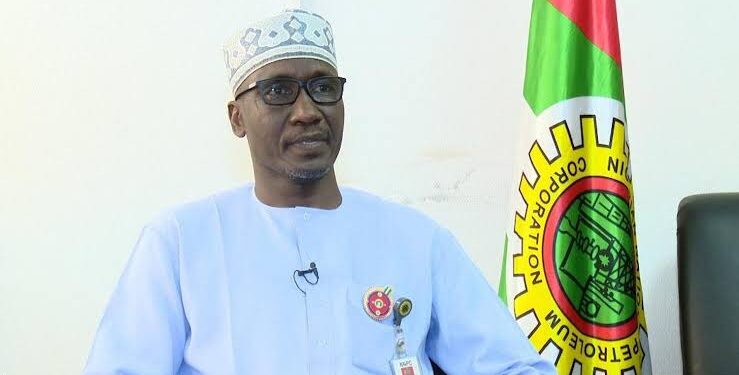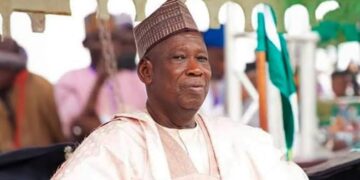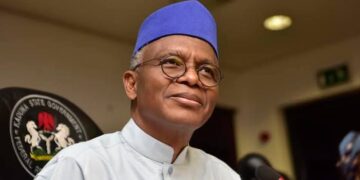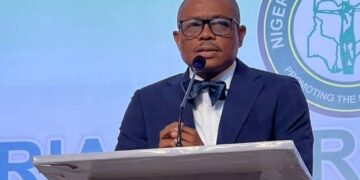Many filling stations owned by independent oil dealers currently charge pump prices for Premium Motor Spirit (commonly known as petrol) between N900 and N1000 per litre.
Filling stations owners do not seem to mind the price of the product at Nigerian National Petroleum Corporation outlets. Petrol prices at NNPC gas stations range from N568 to N617 per litre. This is why queues are often seen at filling stations.
Nigerians are concerned about the high prices of the product from independent petrol dealers, and the Federal Government has also announced that it will shot down filling stations found selling PMS at exorbitant prices. This was stated by the Nigerian Midstream and Downstream Petroleum Regulatory Authority, which stressed that it is not in the interest of Nigerians for traders to make profits on the sale of PMS.
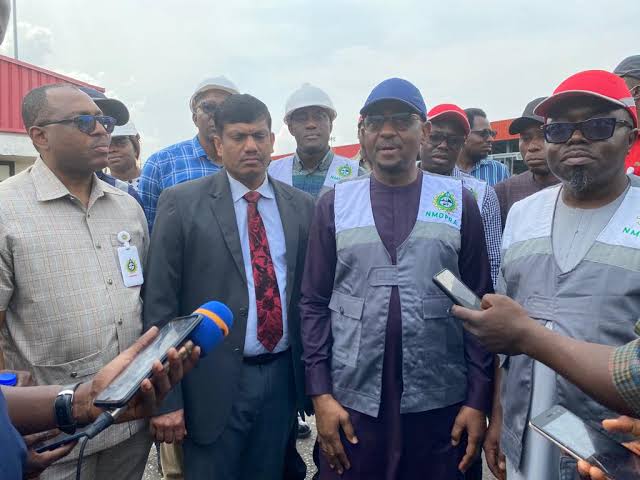
Independent oil marketers said they have been buying petrol from private warehouse owners for up to 850 naira per litre since last week, which is the reason for the inflated pump price.
However, NMDPRA spokesperson, George Ene-Ita, maintained that the petrol price reports the regulator receives from depots officials are different.
Our depot people see a different price because we ask them to publish the prices at the depots every day and it is not N850/litre. Our field agents at the depots give us a different figure,” he said.
When informed that some of the petrol stations of independent dealers in Lagos and many other states are selling their products for up to N900 to N1,000 per litre, the NMDPRA official said these dealers would be held accountable if they are caught.
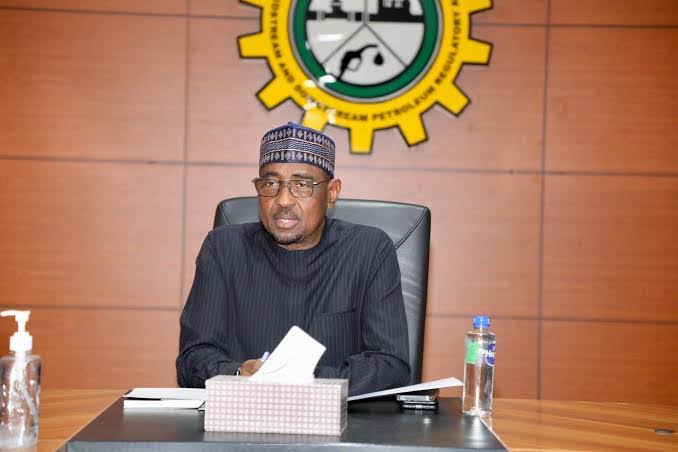
“If we get these outlets, all we do is to try and shut them down, because NNPC is the company that brings in the product and they tell us how much they sell as their ex-depot prices to off-takers. And we sit down together and work out the margins and there is no way it should be that high,” Ene-Ita explained.
The NMDPRA official further noted that there is no way for the authority to regulate the inflated prices of petrol sold by independent dealers.
“Do you have these stations displaying the high prices on their pumps?” Ene-Ita asked.
Our correspondent replied in the affirmative, with the regulator again stating: “Once we get these outlets, we are going to shut them down. NNPC tells us how much they sell and there is no way the pump prices should be that high. We don’t expect it to be higher than N650/litre.”
The NMDPRA spokesman warned traders involved in price gouging, stressing that the NMDPRA will not sit back and allow traders to rip off Nigerians.
Correspondent’s findings indicate that traders are making more profits as the fuel crisis rocking the country shows no sign of ending.
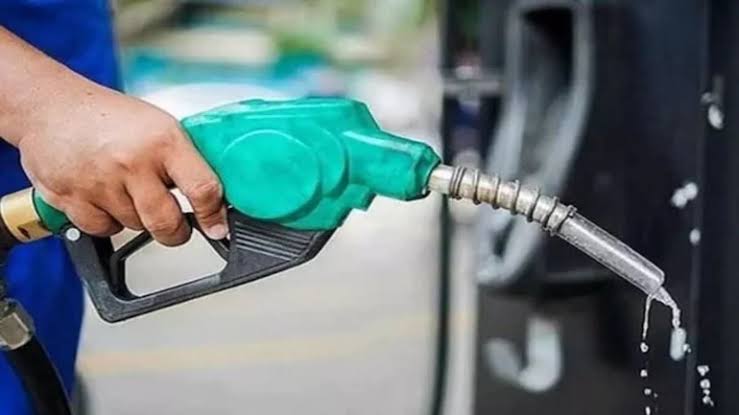
Journalists learnt from reliable sources that with the regulator inability to enforce certain prices, petrol station owners are seizing the opportunity to increase their profit margins. With low supply from NNPC, private depot owners are said to have increased the price of petrol to as much as 850 naira per litre.
The depots sell to independent traders who cannot get the product directly from NNPC like the big traders do, for about 570 naira per litre.
In return, independent dealers sell a litre of petrol to motorists and other Nigerians for between 850 and 900 naira, and as much as 1,000 naira in some remote areas.
“That is why no marketer is complaining of low margins again. This is the time for them to make money. The only issue is that getting the product is not that easy,” the source told Journalists.
“The price is high because the supply is low. It is a matter of demand and supply. The price will continue to be up, at least for now. It Is an opportunity for the filling stations to add to their margins. This is an abnormal situation. Normalcy is restored, and the regulatory authority can monitor. Can the regulator monitor anybody now?
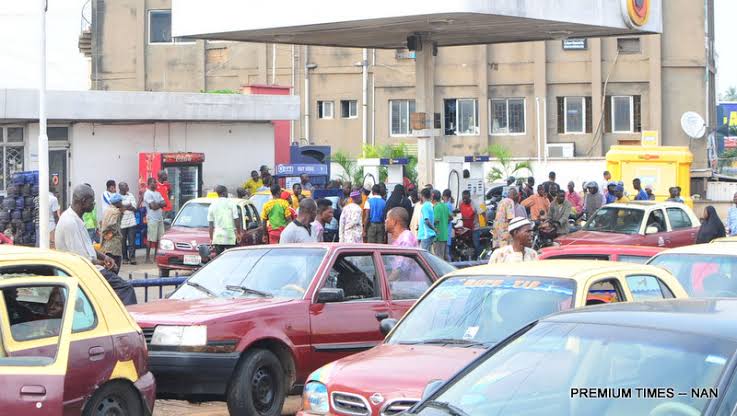
“Imagine when you pay about N30m to NNPC to order petrol and it takes about one month to get the product. Assuming you take N30m from a bank with this interest rate, is that not a problem?’ explained a market source.
Depot sources in Lagos, on condition of anonymity, told correspondent that NNPC is still rationing products despite assurances that normalcy would be restored last Wednesday. On Monday, it emerged that Marketers had only gotten half the tonnes they had bid for.
Depot operators said the situation had improved somewhat but was still well below the supply needed to shorten queues and make products available to all Nigerians.
Another source suggested the federal government was now prioritising the capital, Abuja, to reduce long queues at petrol stations.
“The queue is easing a little bit in Abuja. Almost 70 per cent of the trucks are going to Abuja. The directive is that they should go to Abuja,” a depot operator confided to the Journalists
Contrary to claims that marketers may be hoarding fuel, a petrol station owner in Ogun state who only identified himself as Adeyanju said no one is stockpiling fuel as it keeps drying up.
“The way PMS is, if you put 33,000 litres in a tank, if you hoard it for too long, by the time you want to haulage it, it may not be more than 31,000 or 32,000 litres. It will be evaporating. No tank operator will ever hoard fuel, not even at this time when people are making money,” the manager revealed.
He added that the queues would not disappear by any miracle this week and called on the NNPC to increase supply.
Petrol was being sold at prices between N900 and N1,000 a litre at a filling station owned by an independent dealer in Osogbo, Osun state, on Monday.
However, a few big traders selling petrol were selling their product at N700 per litre.
Many petrol stations in the big city did not open for customers as city commercial bus operators increased tariffs by 50% citing high fuel cost.
Petrol prices at independent dealers’ petrol stations in Damaturu and surrounding areas range from N980 to N1,000.
The same scenario played out in parts of Lagos and Ogun states where petrol prices at independent dealers’ petrol stations went up to N950 and N1,000 per litre respectively.
The black market continued to thrive as many traders in Kano state were reluctant to open petrol stations despite having the product in stock. Petrol stations run by independent dealers in Kano still sold a litre of PMS for 980 naira and 1000 naira/litre.
After this negative development, black marketers are back in business and doing huge business. PMS is currently sold in the black market for 1200 naira and 1300 naira respectively.


